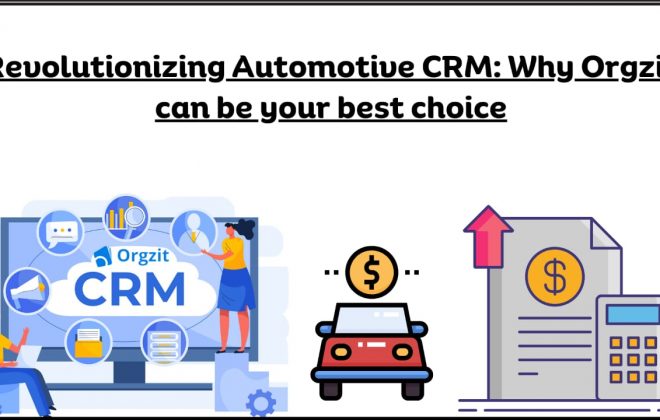From Smart Solutions to Sustainable Practices: HVACR Industry Trends and Statistics to Watch in 2024
The HVACR industry, which is often unsung but indispensable, lies at the heart of modern living. Heating, ventilation, air conditioning, and refrigeration systems silently keep us comfortable and productive.
However, behind the scenes, a dynamic interaction of technology and innovation is altering the significance of this sector.
The HVACR scene is changing quickly in 2024, thanks to technological developments that promise increased efficiency, sustainability, and resilience.
In this post, we’ll take a look at the important trends and data impacting the HVACR market in 2024.
The Advancement of Smart HVAC Systems
Gone are the days of rudimentary HVAC systems. Today, smart HVAC systems are taking center stage, harnessing the potential of the Internet of Things (IoT) to transform comfort control.
These intelligent systems have numerous benefits, including increased energy efficiency, remote monitoring capabilities, and predictive maintenance schedules.
According to recent figures, the adoption rate of smart HVAC systems will increase in 2024, with both companies and homeowners embracing the promise of improved comfort and cost savings.
The Effect of Climate Change on HVACR Technology
The threat of climate change hangs over the HVACR business, increasing demand for climate-resilient solutions. Extreme weather occurrences need adaptive methods, which drive improvements in HVACR technology.
From strong construction materials to innovative insulation techniques, the industry is rising to the challenge of assuring comfort and safety in a constantly changing climate setting.
Sustainable refrigerants
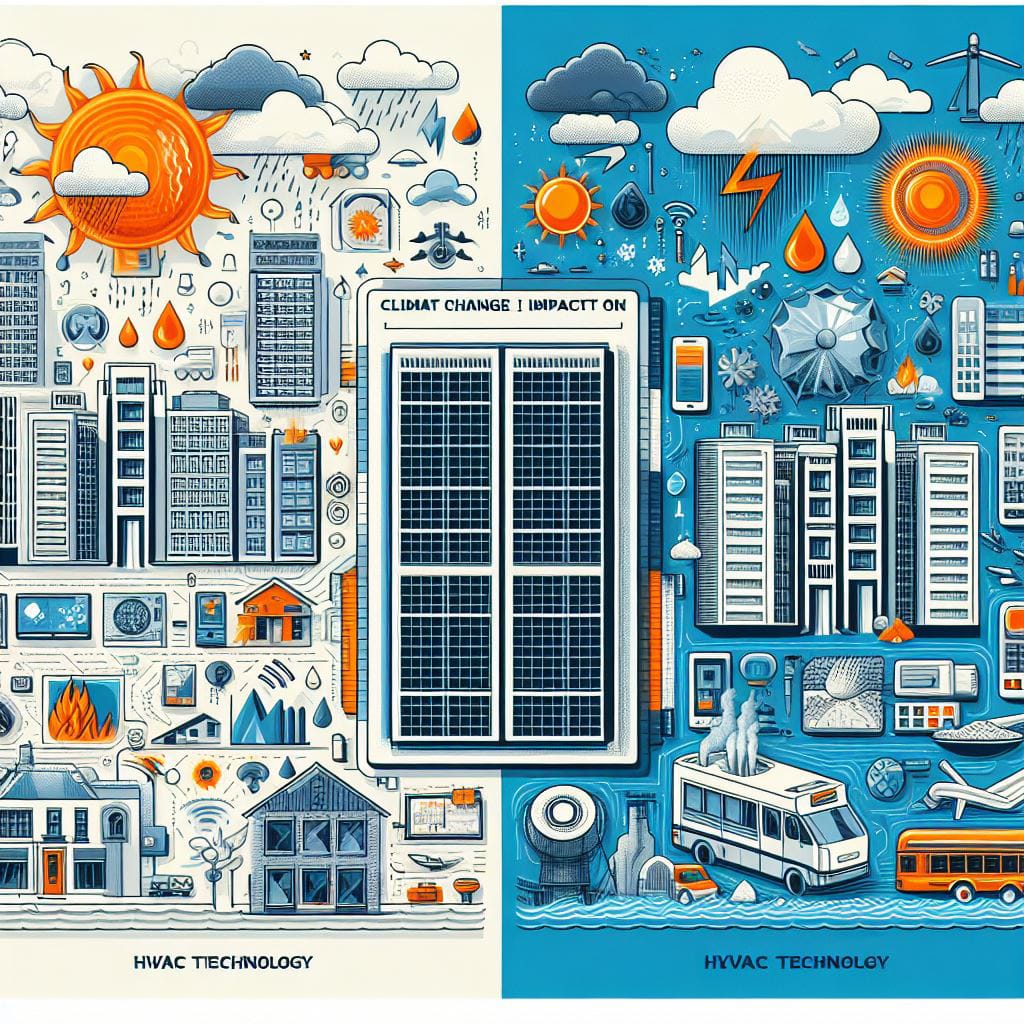

The desire for sustainability has entered every facet of the HVACR sector, particularly refrigerants.
With increased concerns about environmental impact, there has been a noticeable trend toward low-GWP (Global Warming Potential) refrigerants.
Regulations like the Kigali Amendment have played a critical role in accelerating this transformation. As a result, sustainable refrigerants are gradually becoming the standard in HVACR systems, ushering in a greener, more environmentally sensitive future.
Energy Efficiency Standards and Regulations
As the world faces the issues of climate change and energy use, governments and regulatory agencies are strengthening energy efficiency standards.
Stricter rules are propelling technological innovation while also paving the way for huge energy savings. Compliance rates are rising, demonstrating the industry’s commitment to sustainability and responsible resource use.
Artificial intelligence and machine learning in HVACR
Artificial intelligence (AI) and machine learning have emerged as game changers in the HVACR industry, providing unprecedented insights and optimization capabilities.
Predictive maintenance algorithms backed by AI allow for preemptive defect identification and scheduling, decreasing downtime and improving system reliability.
Machine learning algorithms constantly evaluate data to improve system performance, resulting in tangible efficiency gains and cost reductions.
Advanced controls and automation
Building Automation Systems continue to grow, providing extensive control over HVACR systems in both commercial and residential settings.
BAS enables centralized monitoring and management, resulting in optimal performance and energy efficiency. Integrating
BAS with HVACR systems allows stakeholders to remotely alter settings, monitor performance indicators, and receive real-time alerts, maximizing comfort while reducing energy use.
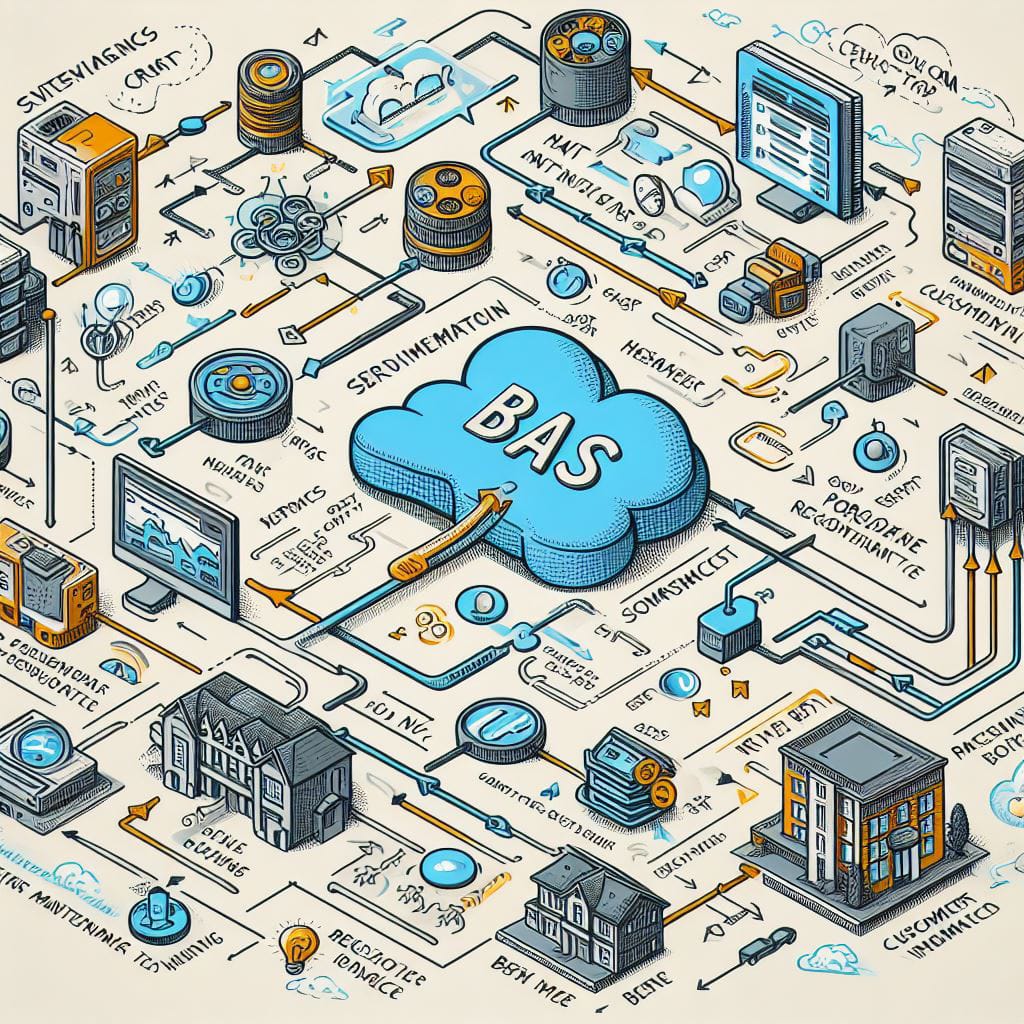

Advanced controls offer precise management of heating, cooling, and ventilation, maximizing comfort while reducing energy usage.
The advantages of automation extend beyond commercial buildings to residential homes, where owners are increasingly looking for smart solutions to improve comfort and convenience.
CRM Integration
In parallel, the integration of CRM systems adds a new dimension to HVACR automation. CRM technologies allow businesses to effectively manage customer interactions, from initial queries to post-installation assistance.
HVACR companies may track client preferences, service histories, and maintenance schedules more efficiently by combining CRM and BAS.
This connection enables proactive customer involvement, individualized service offers, and predictive maintenance tactics, resulting in increased customer satisfaction and loyalty.
Benefits of Integration
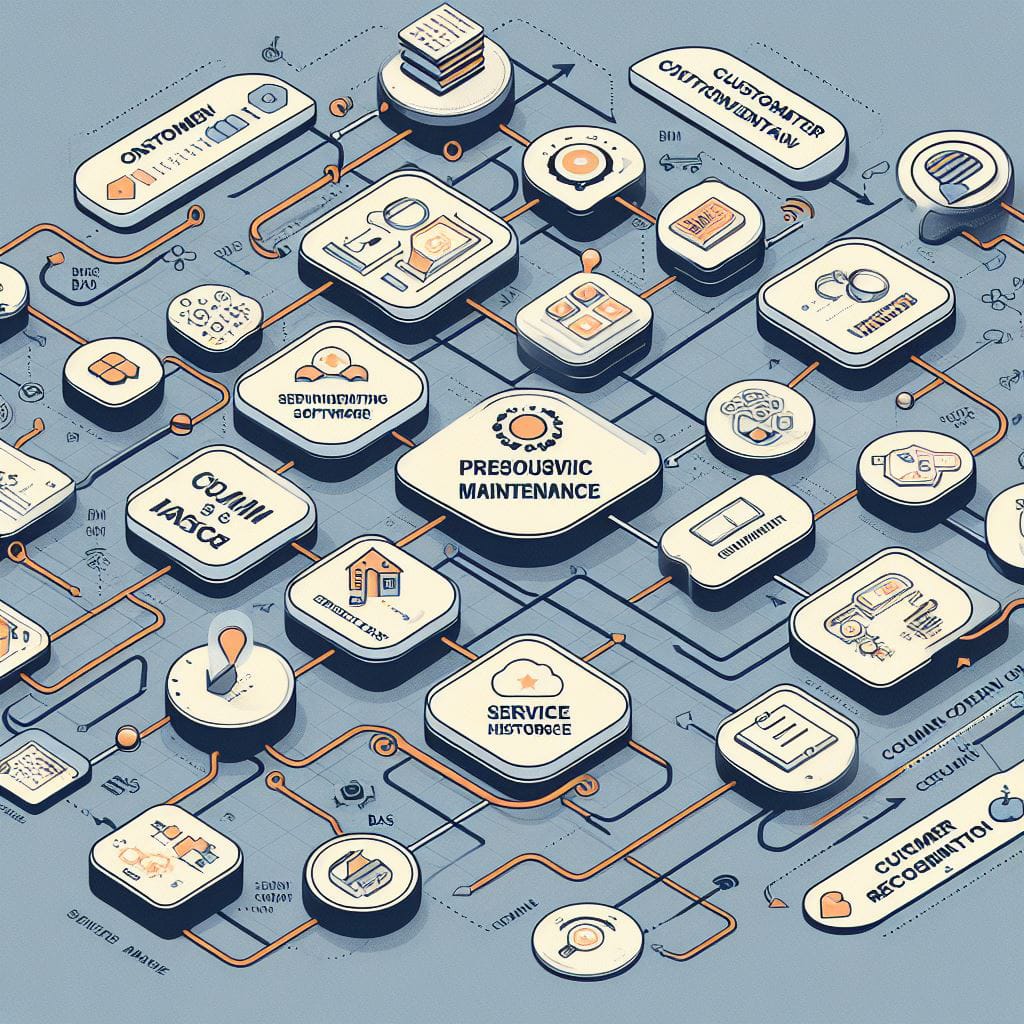

Integrating BAS and CRM systems yields synergistic benefits extending beyond operational efficiency.
HVACR enterprises can personalize their services to individual preferences and predict future demands by exploiting client data obtained via CRM technologies.
CRM analytics information, for example, may help inform HVACR system suggestions based on a customer’s specific usage habits and preferences.
CRM integration also offers targeted marketing campaigns, proactive service reminders, and streamlined communication channels, resulting in stronger customer relationships and increased business growth.
Future Prospects and Predictions
Looking ahead, the future of HVACR is promising, with more technical advancements on the horizon. According to forecasts, AI and machine learning will play an increasingly important role in improving system optimization and predictive capacities.


Furthermore, rising trends like renewable energy integration and decentralized HVACR solutions promise to change the market in the next few years.
Looking ahead, the confluence of BAS and CRM technology has enormous potential for the HVACR business. As both platforms improve, we should expect deeper integration and enhanced capability, allowing organizations to provide exceptional customer experiences while driving operational excellence.
HVACR companies can position themselves for long-term success in an increasingly competitive market by using the power of automation.
Winding Up!
To summarize, the HVACR business is at a watershed moment, spurred forward by technological developments and an increasing emphasis on sustainability and efficiency.
By remaining current on critical trends and statistics, stakeholders may place themselves at the forefront of innovation, assuring comfort, productivity, and environmental stewardship in the years to come.
As we traverse the changing environment of HVACR technology, one thing is certain: the future of comfort is smarter, greener, and more resilient than ever before.
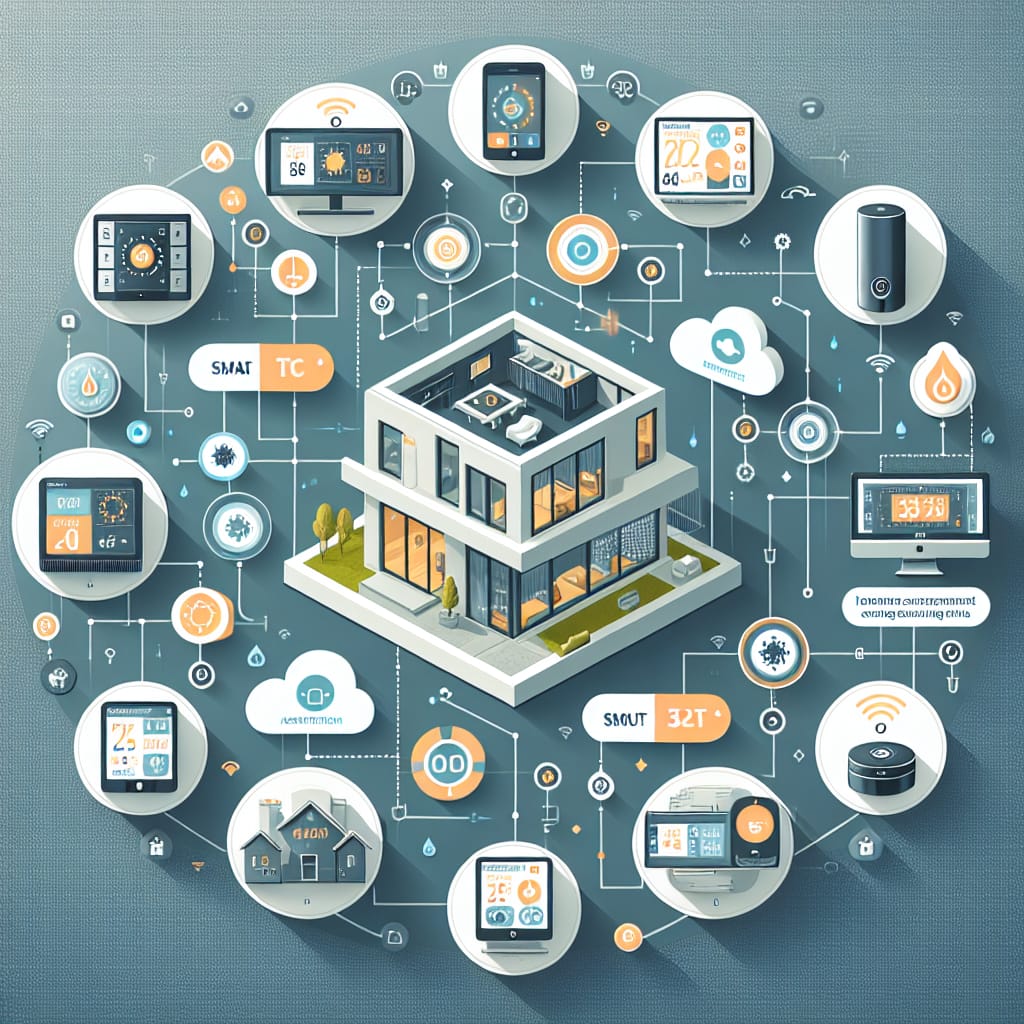

To get further guidance and assistance in learning and implementing the latest software technology, contact experts at Orgzit. TALK TO US!
FAQS
Smart HVAC systems use IoT technology to improve comfort management, increase energy efficiency, and allow for remote monitoring and predictive maintenance scheduling. Learn more about smart HVAC systems.
Sustainability is critical in the HVACR industry to reduce environmental effects, notably in terms of refrigerants and energy use.
CRM integration improves client interactions, individualized service offers, and predictive maintenance practices in the HVACR industry.
Increased reliance on AI and machine learning, as well as renewable energy integration, are among the predicted trends.








